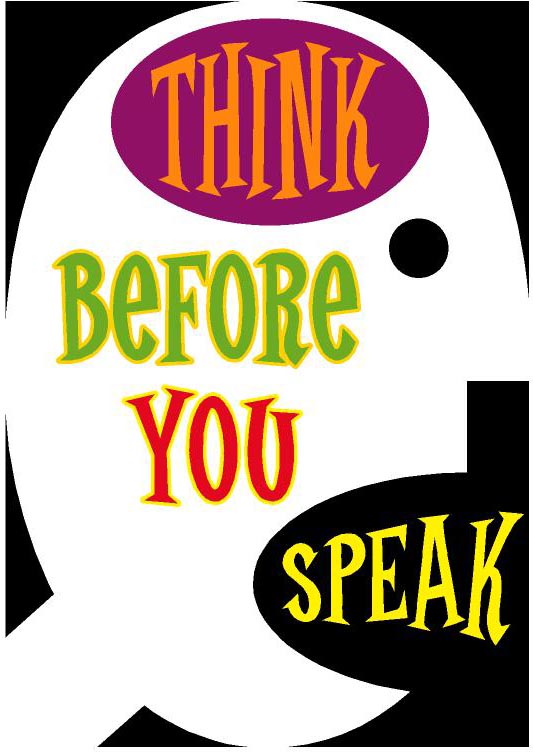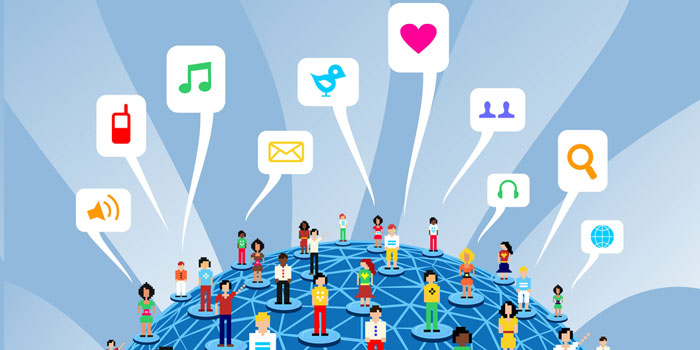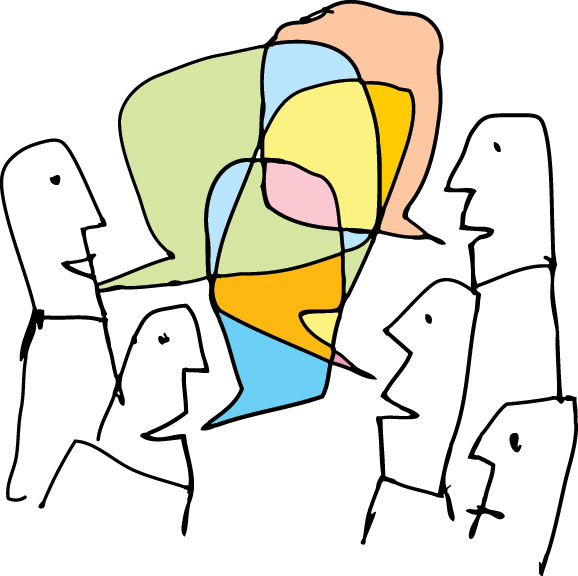Social Media Etiquette or netiquette is essentially a loose and continuously evolving set of rules governing online communication behavior. It addresses maintaining one’s own and others’ dignity, respect and privacy. As in offline behavior, abiding by etiquette and ethics online pays off in the long run.
Best Practice
A best practice is classified as a method or technique which shows results superior to those achieved with other means, and can be used as a benchmark. The following tips should help with a pleasant, safe and enriching social media experience:
- In order to get respect from others, it is essential to give respect to them. It helps to be cordial and respectful as it allows for meaningful and positive engagement.
- It is important to remember that whatever you write, post or share, will be seen by others. So think twice before tweeting or posting on Facebook. Even if you delete it, there are chances that someone might have taken a screenshot.
- It helps to engage with people who tag you in tweets. However there is no stipulation which requires you to reply to hostile, abusive or obnoxious tweets.
- If engagement with a person on a social network heats up, do not be too quick to react. Take a break by moving away from your keyboard to calm down lest you say something you might regret later.
- Do not make rash judgments when you interact with people on public forums. There is a difference between Online and Offline interaction.
- Do not attack people based on their gender, ethnicity, orientation, etc
- Do not use the layer of anonymity afforded by social media accounts to attack people. It helps to be you without being rude and obnoxious.
- Do not post pictures of people at public events, unless you have their permission.
Annoying Behavior

- Social Networks are a great place to share your thoughts, but do take care not to overdo it. There is no need for you to constantly inform people about your activities.
- It is in bad taste to tag someone in a humiliating post or picture.
- The hashtag feature on Instagram should not be abused to promote your pictures or get more likes on Instagram. It is appropriate to limit your hashtags. Too many hashtags is perceived as a sign of desperation and is frowned upon.
- If you follow someone on twitter, do not request them to follow you back or expect them to do so. The best way to get them to follow you is to engage with them till they notice you.
- Adopt a wait and see approach when you tweet breaking news. The best suggestion is to con-rm the news before you tweet it.
Gender Sensitivity

- Never allow an argument to degenerate into an attack based on gender.
- If a woman is not comfortable with a man being in her online space, or vice versa, leave them alone.
- If you are at an event, whether public or private, do not share photos of people on social networks unless you have their consent, as doing so would constitute invasion of privacy. Given the Pakistani cultural context, be extra vigilant with photographs of women.
Security/Privacy
Security/Privacy People spend a lot of time on social networks by interacting with others, playing social games, updating their profiles, etc. However all good things come with a catch. Security and Privacy issues are part and 
- It is highly recommended to document all instances of abuse/harassment on social networks. However it is unethical to share private conversations with others.
- It is best not to share any private information or photographs on Twitter, Facebook or other social media. If you must share, do so only in a very restricted circle where there exists a level of trust that the information will not be made public via tagging or re-sharing. However, be aware that sometimes such information can leak out.
- In the event that the news is about someone not in the public sphere, it is important not to share the news on a public forum unless it is a matter of grave concern or if the person is a threat to the safety of others.
- Do not share your credit card details, ID card, or any other documents on social networks.
This post was originally published as a booklet for Bytes for All, as part of the “Take back the tech” movement.




























Ain’t nobody got :-P Good try BTW.
..
Do Pakistani have manners.. NO .. never seen that.. no one taught them that in School or home… look at how they behave in Public and on the roads…… for this nation to be respected it first has to learn the basics………. Some one has to teach them….. Good Article…….